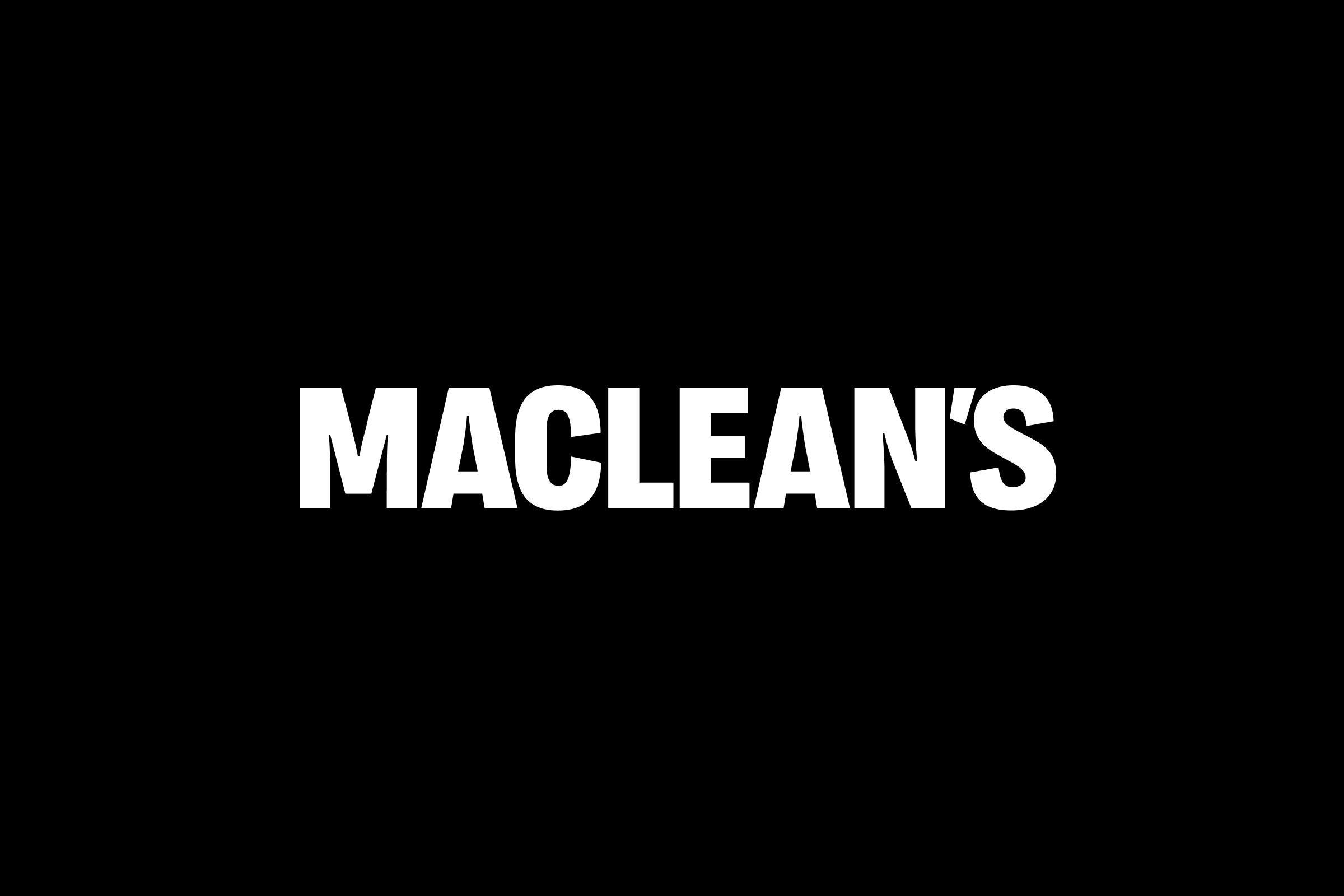Canada West Foundation
The penny tax monster under your bed
As Don Martin noted, Maxime Bernier’s script last week was focused on the idea that the NDP was proposing a new infrastructure tax.
This seems to have become a thing last week. Sun News learned about it on Tuesday. And the Prime Minister referenced it during a news conference on Friday.
The story originates with a proposal Olivia Chow submitted to the Transport committee on October 28. Ms. Chow proposed that the committee “should explore the topic of infrastructure funding and examine a comprehensive set of policy options. The committee’s recommendations should then inform Infrastructure Canada as the federal government designs a post-2014 long-term infrastructure investment plan.” Ms. Chow listed five “potential policies to examine,” the fourth of which was a “penny tax”—a “one percent municipally-levied value added sales tax.” (I’ve copy and pasted Ms. Chow’s proposal below in its entirety.)
The Conservatives might now wish to suggest that the NDP is proposing such a tax, but, when the committee discussed Ms. Chow’s proposed study on November 1, Conservative MP Ed Holder specifically asked Ms. Chow about the idea and Ms. Chow responded as follows (emphasis mine).
Mr. Chair, a few years ago, the Federation of Canadian Municipalities and the big city mayors came up with the one-cent GST proposal. If you want me to go and find details of how that one-cent GST works, I could do so. This is not a new idea. It is something that has been proposed by the municipalities and the big city mayors. They ran a big campaign on it.
Roger Gibbins against Senate reform? The hell you say!
Even the departing head of a Western Canadian think tank that preached the Senate reform gospel for decades has had a sudden conversion on the road to Damascus.
Roger Gibbins, who steps down later this month as president and CEO of the Canada West Foundation, joins Saskatchewan Premier Brad Wall and former Stephen Harper campaign strategist Tom Flanagan among influential westerners who’ve come to the conclusion Senate reform—as currently envisioned—is either unnecessary or misguided.
…Gibbins said “another reality is starting to sink in”—a reality he concedes is “preaching against the doctrine” of the Canada West Foundation during his 14 years of leadership.
“If we have a Senate that’s elected and effective to some degree—but the seat distribution doesn’t change—then we’re into a situation where an elected Senate may be detrimental to the interests of the West,” said Gibbins.
The four western provinces are vastly under-represented in the 105-seat chamber, with only six seats each. The four Atlantic provinces, despite much smaller populations than the West, have a combined 30 seats; Ontario and Quebec each have 24.
As long as that distribution remains unchanged, Gibbins said: “To the extent that the Senate becomes a more influential body—and that’s uncertain—but to the extent that it does, it would shift power into Atlantic Canada and away from the West.”
That Gibbins is repeating the very arguments made by former Liberal intergovernmental affairs minister Stephane Dion is nothing short of jaw-dropping. -Bruce Cheadle for CP, yesterday
It’s jaw-dropping, that is, if you haven’t been following Roger Gibbins through twenty years of steady personal opposition to Senate reform, and particularly the “Triple-E” form which would make the Senate elected, equal (amongst the provinces), and effective. It’s a matter of a few minutes’ work to prepare a dossier on this, complete with hilariously antiquated dates:
Calgarian Roger Gibbins told it like it is here the other day at a seminar put on by the Institute for Political Involvement.
It’s time Westerners started asking what they really mean by a reformed Senate, what they are doing to themselves by clinging to it, and what they are going to do if they don’t get it.
Gibbins, chairman and head of the political science department at the University of Calgary, believes we should think instead of reforming the House of Commons.
Senate reform won’t come, he says, because as long as Quebec is in Canada it simply won’t permit its influence in one House of Parliament to be diminished in the name of provincial equality.
And if Quebec leaves, Gibbins went on to tell more than 300 top business people, politicians and academics, Ontario will then have more than 50 per cent of the Canadian people and it won’t consent to Senate reform, either.
He went on to add that his biggest fear for Canada today is not that Quebec will leave, but that Ottawa will grasp at some incompatible accommodation in order to persuade the province to remain in.
As far as Gibbins is concerned we have to begin planning now for the departure of Quebec, and that continued emphasis on changing the Senate merely gets in the way of that process. -William Gold, “Triple-E proposal needs a funeral”, Calgary Herald, Feb. 8, 1991
*
Manitoba: Golden boy or laggard?
The province hasn’t gone bust, but it also never really boomed
To hell with Buddy Ebsen
The oil sands may be ugly, but our schools and hospitals depend on them
